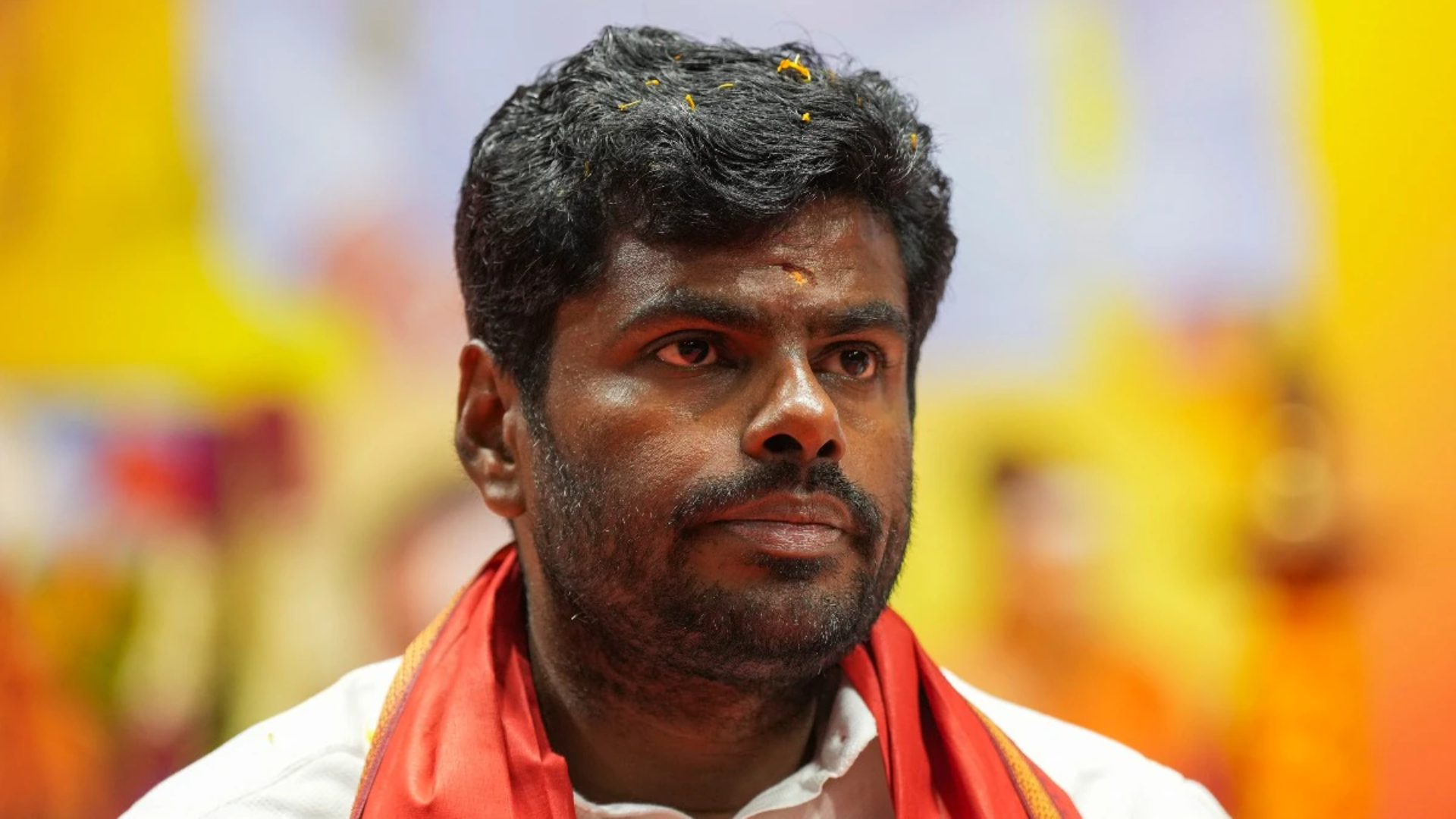Dayane Leite, now 34, never intended to become a sex worker. At the age of 17, her husband died unexpectedly from a heart attack, leaving her unable to afford his funeral expenses.
Living in Itaituba, a hub for Brazil’s illegal gold-mining operations in Pará state, a friend suggested she earn the money by working in the mining camps. Despite the dangers and humiliation faced by women in these areas, Dayane saw no alternative.
“I was once woken by a man who broke into my room, pointed a gun at me, and demanded ownership over me,” she recalled.
By 18, Dayane had gathered the money for the funeral and had her first child. Over the last 16 years, she has worked in the mines intermittently, taking on roles as a cook, washerwoman, barmaid, and sex worker to support her family of seven, as reported by The BBC.
Life in the Mines: A Harsh and Dangerous Existence
Life in remote mining settlements is extremely harsh. Villages are often little more than dirt roads lined with saloon bars and a single church. The miners themselves live in makeshift wooden and canvas shacks, surrounded by wildlife and plunged into darkness when the generators shut down.
Women who work as cooks live alongside the miners in these camps, exposed to violence and exploitation. “Miners come into the village after striking gold, sometimes needing to be persuaded to bathe before any interaction,” said Natalia Cavalcante, a former sex worker who eventually became a brothel madam.
Natalia, who started working in mining villages at 24, lent money to other women for the arduous seven-hour journey from Itaituba to the camps. While brothel operations are illegal in Brazil, she claimed she only employed bar staff and rented out rooms.
Exploitation and Murder in Lawless Settlements
The risks for women in these settlements extend beyond exploitation. Violence and even murder are tragically common. In 2022, 26-year-old Raiele Santos was brutally killed after refusing a man’s demand for sex near the Cuiú-Cuiú gold mine. Her sister, Railane, said, “A lot of women die in these camps daily.”
While a man has been arrested in connection with Raiele’s murder, he denies the charges, and justice remains uncertain.
Brazil’s illegal gold mines span over 220,000 hectares as of 2023—double the area a decade ago. The number of miners is estimated to be between 80,000 and 800,000, though the exact figure remains unknown. Women in these areas face systemic violence, sexual exploitation, and trafficking, which often go unreported.
Much of the gold mined illegally is smuggled into the supply chain, relabelled as coming from licensed cooperatives, and exported. Canada, Switzerland, and the UK are among the largest buyers of Brazilian gold, with over 90% of exports to Europe traced back to areas associated with illegal mining, according to the Instituto Escolhas think tank.
Dayane’s Last Hope
Now a mother of seven, Dayane dreams of leaving the mining camps for good. She hopes to make one final trip to earn enough money to open a snack bar in her hometown.
Despite the physical and emotional toll of her work, she remains determined. “Whenever I walk through the forest, I think of my children. I want them to know that I worked hard for them and never gave up,” she said.
Her story reflects the harsh reality faced by countless women trapped in the illegal gold-mining industry, balancing survival with dreams of a better future.
ALSO READ: Teen Jailed In Dubai Begs Forgiveness After Sleeping With 17-Year-Old





















